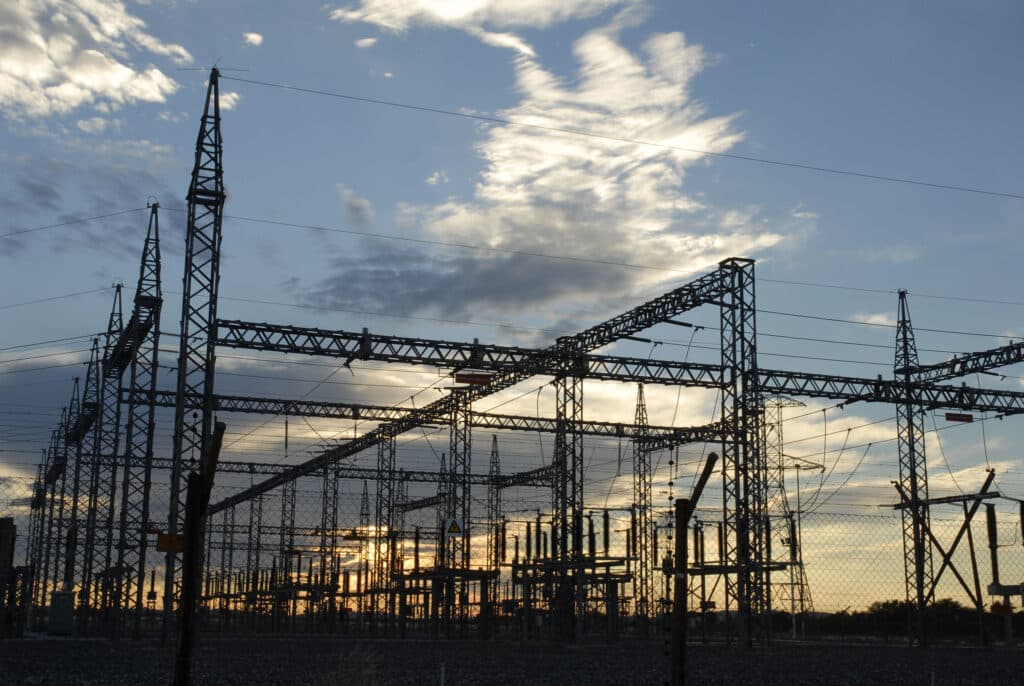South African President Cyril Ramaphosa is under mounting pressure to ease the load-shedding emergency. The country is currently in the midst of its worst-ever energy crisis, which is triggering blackouts for 10 hours a day or longer.
—
South Africa is negotiating a 5-year power purchase agreements programme to ease one of the country’s worst blackout crises to date, Electricity Minister Kgosientsho Ramokgopa announced on Wednesday.
Of the 2,000 MW needed to alleviate blackouts, at least 1,200 MW will come from natural gas provided by Turkish company Karpowership under an existing agreement. For the remaining power, the country will rely on heavy fuel oil from the company’s other plants, an anonymous source told Bloomberg.
The country’s plan to burn heavy fuel oil, a much dirtier fuel than gas, is expected to trigger a backlash from energy transitioners and climate activists. Last week, Energy Minister Gwede Mantashe told the Johannesburg-based Sunday Times that the government is prepared for legal fights with environmental groups over its decision.
“Environmentalists veto every development they don’t like,” he said. “People can take us to court as many times as they can, we will continue with gas and petroleum exploration.”
Even though Eskom, South Africa’s government-owned national power utility and primary power generator, announced last year a plan to phase out almost half of its coal-dependent power by shutting down nine power stations by 2035, the government is reportedly considering extending the operational lives of two of its largest coal-fuelled power plants to boost its precarious energy security. Kendal and Oethabo, which are currently set to be decommissioned after 2035, account for about one-fifth of Eskom’s current capacity.
“The consideration of continuation of operation at present focuses on those older stations, which happen to be the smaller units,” Eskom said in response to queries.
South Africa currently relies upon coal to generate up to 87% of its electricity. Coal also accounts for the largest share of energy consumption in the country, followed by oil and gas, while renewable energy only accounts for a very small portion of the energy mix.

Energy consumption in South Africa, 1065-2021. Image: Our World in Data.
President Cyril Ramaphosa, who took office in 2018, is under mounting pressure to tackle what many describe as the country’s worst-ever power cuts crisis as the country heads into the Southern Hemisphere winter with blackouts for 10 hours a day or longer.
Last month, Eskom said that in terms of the amount of energy shed, load-shedding for 2023 has already exceeded that of 2022 – which was thought to be the worst the country ever experienced.
“The energy shed was 8116 GWh in 2022 versus 8351 GWh from January 1 until May 7, 2023,” the company revealed.
The issue – commonly referred to as load-shedding – began in 2007 and is persisting today. The roots of the problem, experts argue, lie in corruption, sabotage, and mismanagement of the government-owned power utility.
Featured image: Media Club/Flickr (CC BY-SA 2.0)
You might also like: 3 Challenges to South Africa’s Clean Energy Transition


















